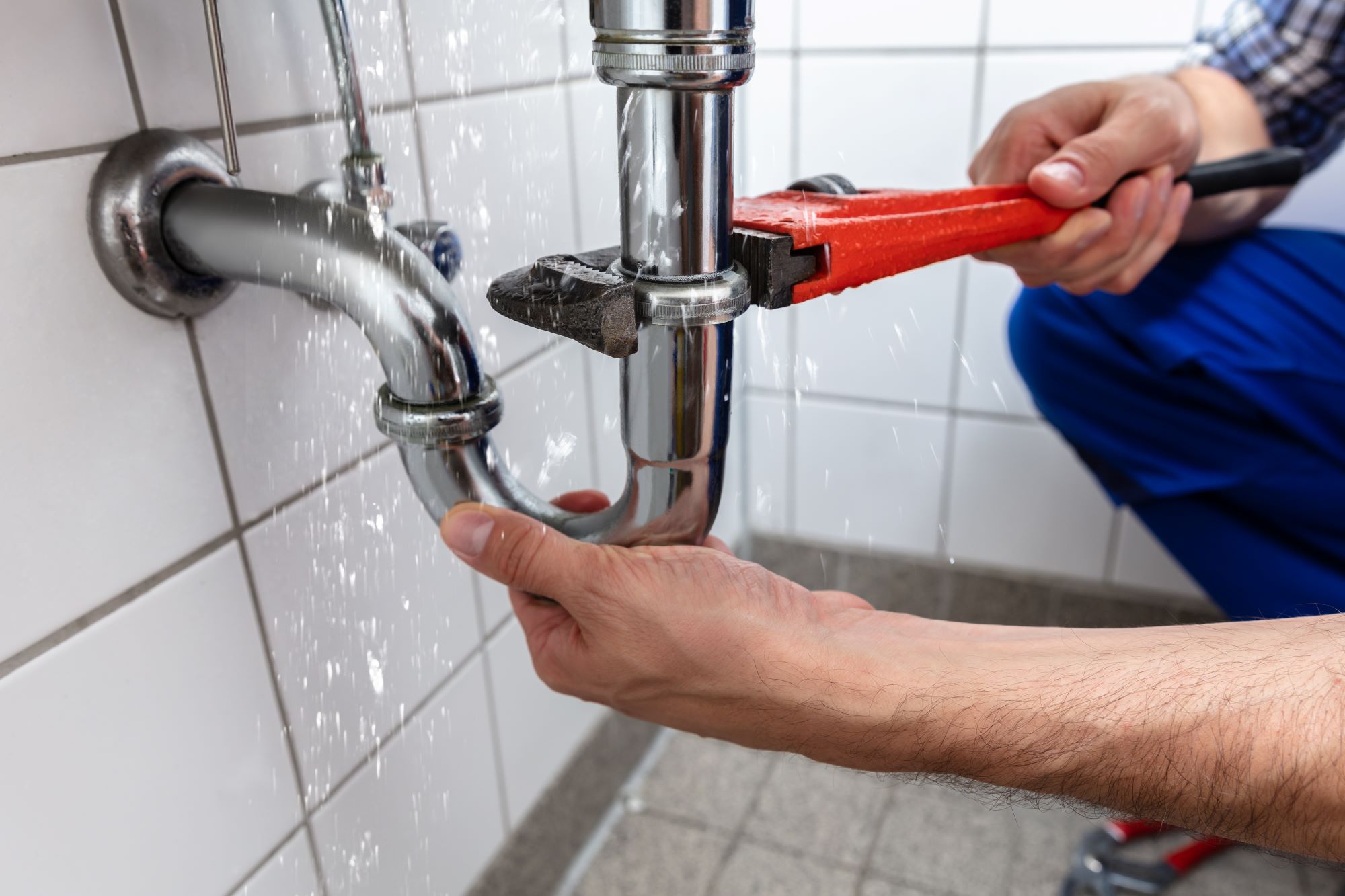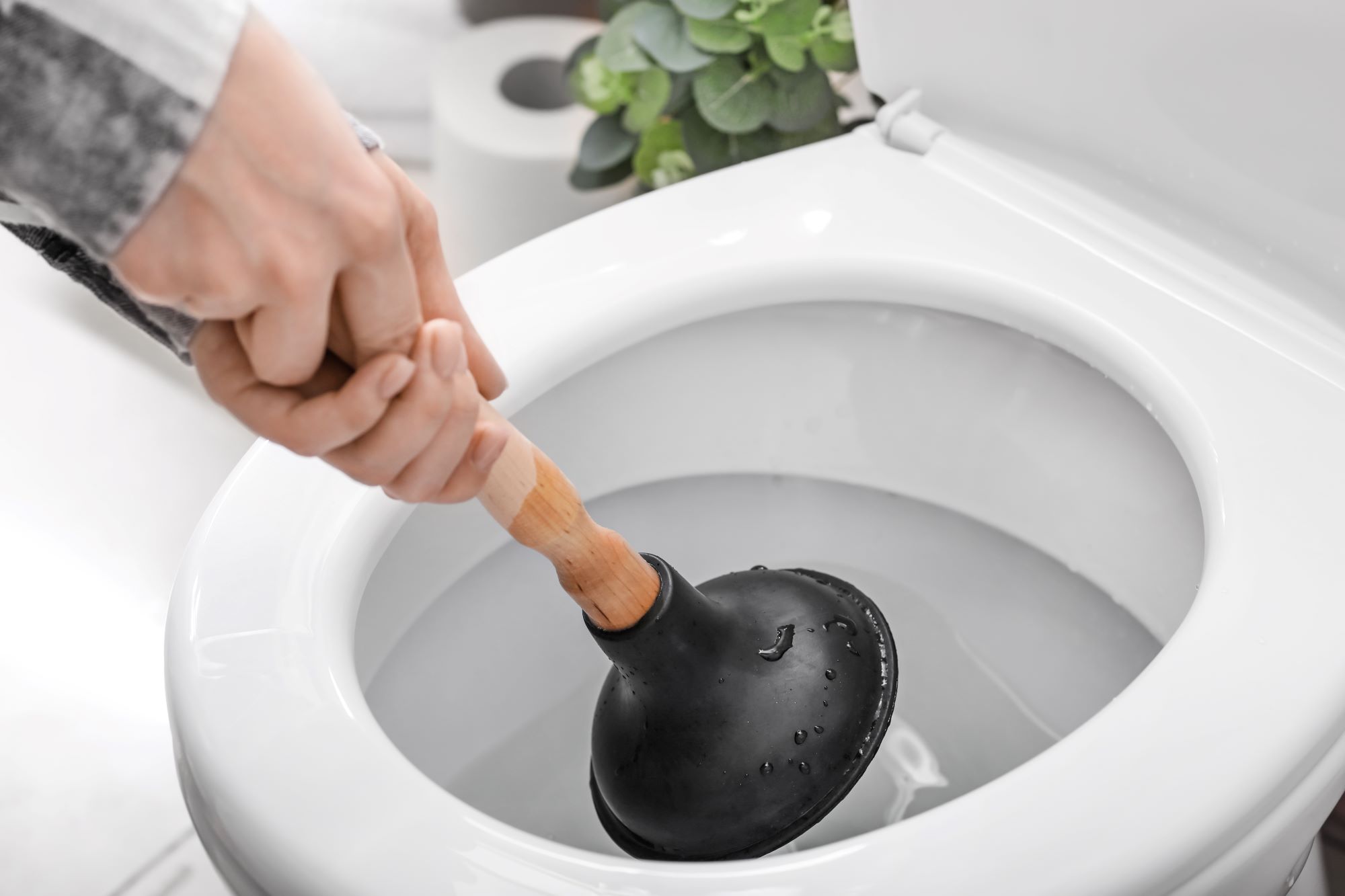Imagine coming home after a long day, looking forward to a quiet, relaxing evening. You step into your home, kick off your shoes, and suddenly, you hear it. Drip…drip…drip. The tranquility is shattered by an unexpected, jarring noise that, to the discerning ear of a homeowner, unmistakably signals a leak. Ignoring this issue could escalate it into a substantial concern.
On the other hand, consider the satisfaction and ease that comes with the ability to handle such situations proficiently. Knowing your home’s plumbing isn’t just about damage control – it’s about being an informed, proactive homeowner. Being able to replace a worn-out washer or unclog a slow-draining sink can save a lot of hassle. For more complex issues, it’s equally essential to know when to call for professional help. You may rely on a local service, like a Gosnells plumber, or another reputable service of your choice.
Armed with basic plumbing knowledge, you’re prepared to tackle any problems that may arise and ensure that your dwelling remains your haven.
Essential Plumbing Knowledge For Every Homeowner
Entering the world of home plumbing doesn’t have to be daunting. Being familiar with the basic components of your plumbing system is the first step towards better home maintenance. Here are some key elements you should be familiar with:
- Pipes. As the lifelines of your home, pipes distribute water throughout the house, including to the bathroom, kitchen, and laundry area.
- Valves. These critical components regulate the flow of water, giving you the ability to stop the water supply when necessary, such as during repairs.
- Fixtures. This category includes a wide array of items, such as sinks, showers, toilets, and faucets, all of which can have unique plumbing considerations.
By understanding these basics, you’re already one step ahead in maintaining your property’s plumbing system. The next step in your journey is recognizing common problems.
Spotting Common Plumbing Problems
Unforeseen plumbing challenges can disrupt the peace in your home. The key to preventing these from turning into major predicaments is early detection. Be on the lookout for:
- Dripping Faucets. The persistent sound of dripping water isn’t just annoying, it may indicate a worn-out washer. If not addressed, this can result in substantial water wastage.
- Low Water Pressure. Turning on your shower or faucet to find only a weak trickle can be frustrating. It could indicate a blockage somewhere in your pipes, a leak that’s siphoning off your water, or even a larger complication with your local water supply.
- Running Toilets. A toilet that runs constantly isn’t just a nuisance; it can also waste hundreds of gallons of water in a single day. This often stems from a faulty flapper or fill valve in the toilet tank, which may deteriorate over time due to normal wear and tear or be negatively impacted by mineral build-ups from hard water.
- Slow Drains. If water drains slowly in your sink, shower, or bathtub, it’s likely you’re dealing with a partial blockage that’s slowing things down. While minor clogs can often be resolved with a plunger or a hand auger, more severe blockages might require professional intervention.
- Unusual Noises. Banging, clanking, or gurgling noises from your pipes can signify different concerns, from trapped air to water pressure problems. These noises shouldn’t be ignored, as they can hint at serious repercussions.
Recognizing these problems early on can help prevent further complications, saving you both time and money.
Knowing When To Seek Professional Help
Certain scenarios necessitate a professional’s expertise. You might need to call a plumber when:
- Persistent Leaks. If a leak continues after replacing a washer or tightening fittings, it may be time to consult a professional. Overlooking such persistent leaks can lead to significant water damage, weakening your home’s structural integrity and causing costly repairs over time.
- Major Blockages. If you can’t clear a clog with a plunger or snake, you might need to call a plumber for a bigger issue.
- Appliance Installation. For the safe installation of new plumbing appliances like water heaters or dishwashers, always call an expert.
Knowing when it’s time to bring in a professional can prevent additional troubles and save resources. While a professional can rectify your immediate issues, consistent maintenance is key to preventing such problems from arising in the first place.
Embracing Maintenance Best Practices
Regular upkeep can help avoid the majority of serious plumbing issues. Here are some preventive measures to take:
- Routine Inspections. Take time to visually check your pipes, looking for any signs of leaks, rust, or damage.
- Drain Maintenance. Regularly clean your drains to prevent build-up and clogs. You can do this using a mixture of vinegar and baking soda.
- Water Pressure Monitoring. Keep an eye on your home’s water pressure. Unusually low pressure can be a sign of leaks or blockages.
By implementing these best practices, you can extend the life of your plumbing system and avert expensive fixes. Now you’re on your way to becoming a plumbing-savvy homeowner!
Final Thoughts
After going through these basic tips, you’re now better equipped to handle and prevent common plumbing difficulties. As a homeowner, your understanding of your home’s plumbing system can make a significant difference in its upkeep and your peace of mind. With your newfound knowledge, your future encounters with plumbing issues should be smoother.


